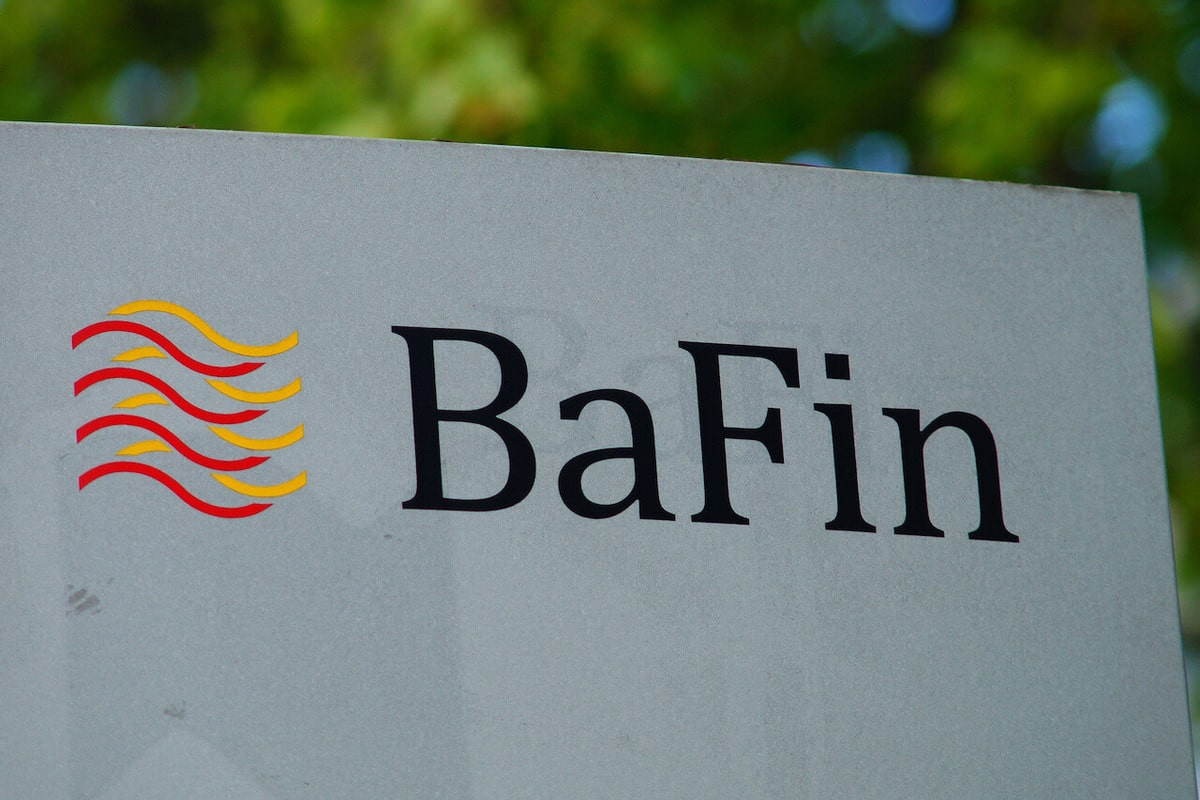
In collaboration with DLT Finance, Neutral, a German brokerage firm, has unveiled a blockchain-backed exchange for carbon credits. These financial instruments represent forests and renewable energy products, enabling businesses to offset their carbon footprint.
While other initiatives have ventured into leveraging blockchain for the multibillion-dollar carbon credit market, Neutral and DLT Finance stand out as the first to secure regulatory approval from Germany’s financial regulator, BaFin, to operate the exchange.
Neutral and DLT Finance Collaborate to Streamline Carbon Credit Trading
Carbon credits, called carbon offsets, represent projects that reduce emissions or remove carbon dioxide from the atmosphere, such as preserving forests, building wind and solar farms, or capturing methane gas.
Generally, one carbon credit represents one metric ton of carbon dioxide saved from the atmosphere. To a purchaser, it represents permission to emit that same amount of guilt-free (sometimes tax-free) carbon.
Neutral CEO Farouq Ghandour emphasized the significance of building market infrastructure that facilitates traditional traders’ interaction with these assets. Ghandour highlighted Neutral as the technology provider while accrediting DLT Finance for providing the regulatory backbone.
The distinguishing feature of this product lies in its seamless user experience, which removes blockchain complexities from the end-user interface. The exchange targets commodity trading houses and brokers, offering streamlined operations without the need for tokenization or decentralization efforts. MetaMask wallets are also unnecessary for participants.
In Germany and several other European markets, the crypto and blockchain sector has emerged as a leader among fintech companies in investments during the first half of 2023.
Ghandour emphasized that the exchange aims to replicate the functionality of traditional commodities platforms, offering improved liquidity for large-scale trades compared to decentralized exchanges (DEXs). He cited the reluctance of financial institutions to engage with DEXs as a key factor hindering the widespread adoption of existing blockchain-based carbon markets.
Central to the success of this initiative is the provision of a regulated counterparty, addressing the concerns of financial institutions regarding regulatory compliance and risk management.
A recent Reuters poll of about 30 climate economists suggested that to reach the Paris Agreement’s goal of net-zero emissions by 2050, we must quickly reach an average minimum price of $100 per metric ton of CO2.
According to the International Monetary Fund (IMF), the average global carbon price is currently a meager $3. By offering a compliant and user-friendly platform, Neutral and DLT Finance aim to catalyze the integration of blockchain technology into the carbon credit market, providing efficient and transparent solutions for offsetting carbon emissions.
BaFin Executive Calls for Global Crypto Regulation Despite EU Progress
Despite the European Union’s strides in regulating cryptocurrencies through the approval of its comprehensive framework, Markets in Crypto-Assets (MiCA), a top executive of the German Federal Financial Supervisory Authority (BaFin), emphasizes the necessity for global regulation within the crypto industry.
In a blog post on September 18, Rupert Schaefer, BaFin’s executive director of strategy, policy, and control, underscored the importance of unified global regulation for cryptocurrencies. Schaefer likened regulators to air traffic control while referring to certain crypto assets and decentralized finance projects as “unidentifiable flying objects,” drawing attention to regulators’ challenges in overseeing the crypto space.
While acknowledging significant progress with MiCA adoption in the EU and international regulatory recommendations from bodies like the Financial Stability Board and the International Association of Securities Commissions, Schaefer highlighted the existing inconsistencies on a global scale. He emphasized the need for consistent implementation of common principles worldwide, urging for regulatory measures to cover all financial centers without exceptions.
This call for global collaboration on crypto regulation echoes sentiments expressed by Indian Prime Minister Narendra Modi, who advocated for cooperation among G20 member states in formulating crypto regulations.

In collaboration with DLT Finance, Neutral, a German brokerage firm, has unveiled a blockchain-backed exchange for carbon credits. These financial instruments represent forests and renewable energy products, enabling businesses to offset their carbon footprint.
While other initiatives have ventured into leveraging blockchain for the multibillion-dollar carbon credit market, Neutral and DLT Finance stand out as the first to secure regulatory approval from Germany’s financial regulator, BaFin, to operate the exchange.
Neutral and DLT Finance Collaborate to Streamline Carbon Credit Trading
Carbon credits, called carbon offsets, represent projects that reduce emissions or remove carbon dioxide from the atmosphere, such as preserving forests, building wind and solar farms, or capturing methane gas.
Generally, one carbon credit represents one metric ton of carbon dioxide saved from the atmosphere. To a purchaser, it represents permission to emit that same amount of guilt-free (sometimes tax-free) carbon.
Neutral CEO Farouq Ghandour emphasized the significance of building market infrastructure that facilitates traditional traders’ interaction with these assets. Ghandour highlighted Neutral as the technology provider while accrediting DLT Finance for providing the regulatory backbone.
The distinguishing feature of this product lies in its seamless user experience, which removes blockchain complexities from the end-user interface. The exchange targets commodity trading houses and brokers, offering streamlined operations without the need for tokenization or decentralization efforts. MetaMask wallets are also unnecessary for participants.
In Germany and several other European markets, the crypto and blockchain sector has emerged as a leader among fintech companies in investments during the first half of 2023.
Ghandour emphasized that the exchange aims to replicate the functionality of traditional commodities platforms, offering improved liquidity for large-scale trades compared to decentralized exchanges (DEXs). He cited the reluctance of financial institutions to engage with DEXs as a key factor hindering the widespread adoption of existing blockchain-based carbon markets.
Central to the success of this initiative is the provision of a regulated counterparty, addressing the concerns of financial institutions regarding regulatory compliance and risk management.
A recent Reuters poll of about 30 climate economists suggested that to reach the Paris Agreement’s goal of net-zero emissions by 2050, we must quickly reach an average minimum price of $100 per metric ton of CO2.
According to the International Monetary Fund (IMF), the average global carbon price is currently a meager $3. By offering a compliant and user-friendly platform, Neutral and DLT Finance aim to catalyze the integration of blockchain technology into the carbon credit market, providing efficient and transparent solutions for offsetting carbon emissions.
BaFin Executive Calls for Global Crypto Regulation Despite EU Progress
Despite the European Union’s strides in regulating cryptocurrencies through the approval of its comprehensive framework, Markets in Crypto-Assets (MiCA), a top executive of the German Federal Financial Supervisory Authority (BaFin), emphasizes the necessity for global regulation within the crypto industry.
In a blog post on September 18, Rupert Schaefer, BaFin’s executive director of strategy, policy, and control, underscored the importance of unified global regulation for cryptocurrencies. Schaefer likened regulators to air traffic control while referring to certain crypto assets and decentralized finance projects as “unidentifiable flying objects,” drawing attention to regulators’ challenges in overseeing the crypto space.
While acknowledging significant progress with MiCA adoption in the EU and international regulatory recommendations from bodies like the Financial Stability Board and the International Association of Securities Commissions, Schaefer highlighted the existing inconsistencies on a global scale. He emphasized the need for consistent implementation of common principles worldwide, urging for regulatory measures to cover all financial centers without exceptions.
This call for global collaboration on crypto regulation echoes sentiments expressed by Indian Prime Minister Narendra Modi, who advocated for cooperation among G20 member states in formulating crypto regulations.
